The COVID-19 Vaccine Passport
The Future of Life After the Covid-19 Pandemic
Life has certainly changed due to the emergence of the novel coronavirus (COVID-19). Disease outbreaks have plagued the earth for centuries. While some have been manageable, the rapid spread of others has turned into global pandemics. SARS came as a warning of the risks of COVID-19; however, COVID-19 drew our attention to the importance of good health and sustainable living. COVID-19 came as a surprise to a world unprepared to manage a pandemic deadly enough to kill millions worldwide. It felt like doomsday as prophesized by men of the past. The unanswered question of “where the world was headed” concerned many globally.
Over a year ago, free movement and attending social gatherings were the norm. Now life, for many, is spent at home; working and attending classes online has become our new normal. Many people were laid off from work, which shook global economies, and the frustrations of those struggling to survive grew. International travel and airline operations came to a halt; borders were closed with restrictions on movement in and out of countries and cities. It seemed as if life and work would now evolve at home as communications and business deals now took place online. Many overcame boredom online through content creation and challenges to entertain and ease stress. Many nations developed measurements and solutions they believed could curb the virus, with scientists and experts spending weeks to months in labs searching for an antidote to remedy this plague ravaging the world.
On the 11th February 2020, the World Health Organization (WHO) announced a coronavirus vaccine could be ready in 18 months. According to the Stock Exchange of Hong Kong, on 25th June 2020, the Chinese government approved the Ad5-nCoV vaccine, developed by the Beijing Institute of Biotechnology in collaboration with CanSino Biologics, for one-year use in the Chinese military. Large pharmaceutical companies, AstraZeneca and GlaxoSmithKline (GSK), made moves towards accelerated vaccine development. Many lives were lost, but the fight to protect the world against COVID-19 through a standard preventive vaccine was met.
According to the University of Exeter, “digital health passports also referred to as ‘immunity passports/IDs’ are digital credentials that combined with identity verification, allow individuals to prove their health status."
In an attempt to bring normality back during the COVID era, many governments have introduced digital health passports, also known as vaccine/immunity passports. According to the University of Exeter, “digital health passports also referred to as ‘immunity passports/IDs’ are digital credentials that combined with identity verification, allow individuals to prove their health status." In a WHO statement, “there is not enough evidence about the effectiveness of antibody-mediated immunity to guarantee the accuracy of an immunity passport.” However, countries such as Israel have adopted vaccine IDs to identify those vaccinated against COVID-19 to ease people back to normal life. The US, UK, and EU are strongly considering the possibility of a form of verification proving one is immune to the coronavirus. With the vaccine ID, which comes in QR codes and/or facial recognition, you can visit gyms and bars, have a meal at a restaurant, and even travel.
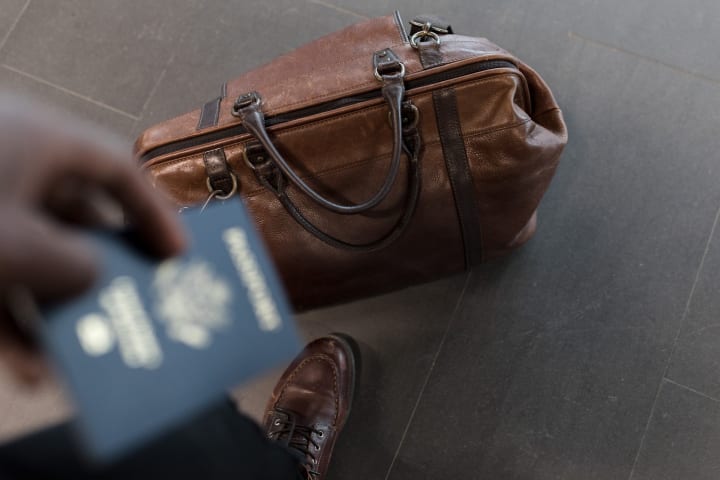
International Air Transport Association (IATA), representing over 200 airlines worldwide, has seen an increase in airlines signing up for their travel pass. According to IATA, the IATA travel pass initiative is designed to help travelers digitally manage travel documentation and provide airlines and governments digital proof of vaccination. If the initiative comes into full effect, in no time, tourism will increase and the global aviation industry will be back in business. Furthermore, contact tracing would be narrowed as these passports would assist governments’ efforts to combat the virus's spread. With your vaccine passport, public places would now be safe and accessible. Additionally, lockdowns will be lifted, and we will no longer be confined to the four corners of our homes.
Are we ready to reintegrate back into public spaces in the middle of a pandemic?
Big Technology companies such as Google, Apple, and Microsoft are preparing to produce apps to assist in verifying people globally, with companies like Onfido already making an impact with its app in Israel. While many of these apps can be customized, privacy cannot, which raises questions of whether one’s life will be governed by this vaccine-ID. Furthermore, poorly designed digital ID solutions could compromise data privacy; however, they may contribute to the long-term management of the COVID-19 pandemic if built with privacy as a top priority.
Clinical trials on the safety of the COVID-19 vaccine on pregnant women are still underway, with limited data available on the possible health effects it may pose during pregnancy. Could a pregnant woman who lacks proof of the COVID-19 vaccination soon be denied entry into hospitals?
In a statement by Dr. Ana Beduschi of UK Research and Innovations, “digital health passports may build on sensitive personal health information to create a new distinction between individuals based on their health status, which can then be used to determine the degree of freedoms and rights they may enjoy.” Would we be able to enjoy the freedoms we once had if not vaccinated? Similar to the yellow fever card for entry into some yellow fever endemic countries, the COVID-19 vaccine passport could soon determine where one can and cannot travel. Clinical trials on the safety of the COVID-19 vaccine on pregnant women are still underway, with limited research on the possible health effects it may pose during pregnancy. Could a pregnant woman who lacks proof of the COVID-19 vaccination soon be denied entry into hospitals? Will the basic human right to freedom of choice still exist if we are all required to be vaccinated before we are granted access to public spaces? Furthermore, how would low-income countries be impacted with many already struggling to survive poverty? Could the push for a vaccine-ID agenda be detrimental to human rights?
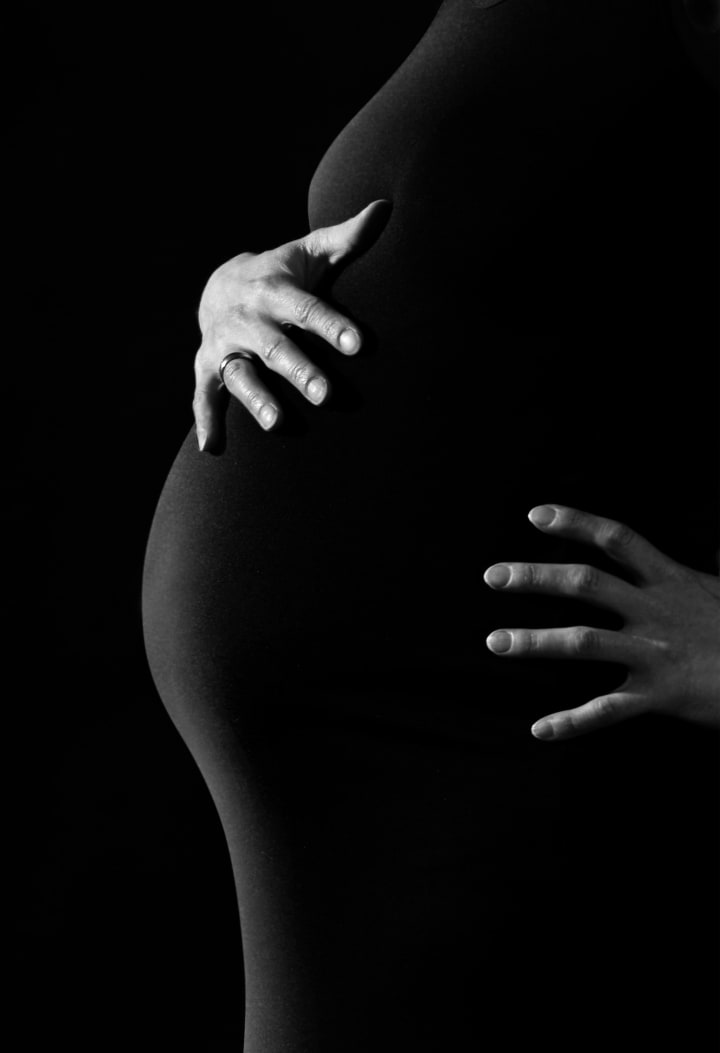
Governments worldwide are fighting to serve every citizen's best interest by reviving broken economies and easing restrictions to normalize life again. Therefore, policymakers must ensure the availability and affordability of COVID-19 vaccines to prevent the exclusion of vulnerable populations and disproportionately restrict their legal rights. While technology companies develop apps for servicing ID verifications, technical measures must be taken to ensure the data protection impact is carefully assessed. In the long run, proof of vaccination may be needed to get back to a normal life.
About the Creator
Theo Baidoo
I understand that I don't have to understand everything, but I desire to.Therefore, I express myself mostly on paper, giving me time to think and write my every detailed feeling. Within my head is a whole vibe.


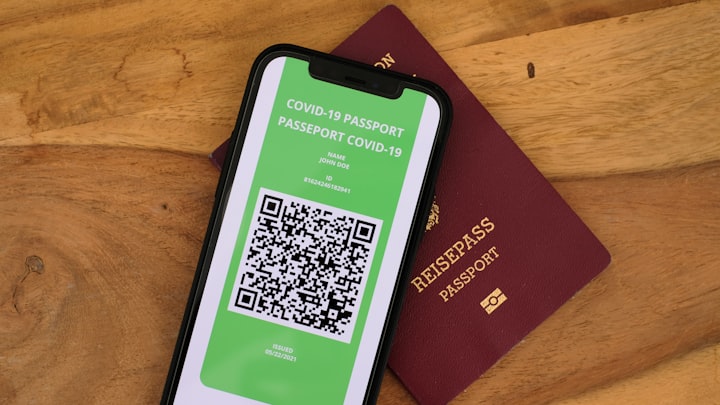
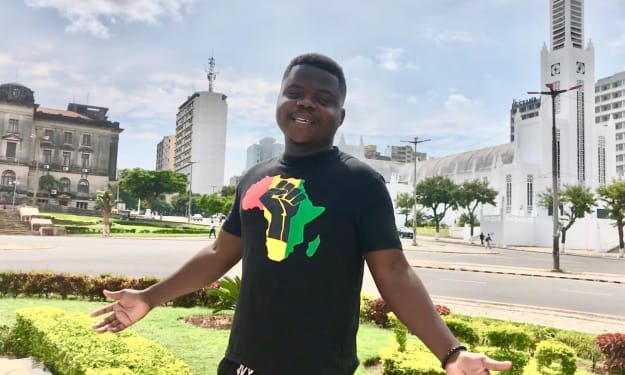

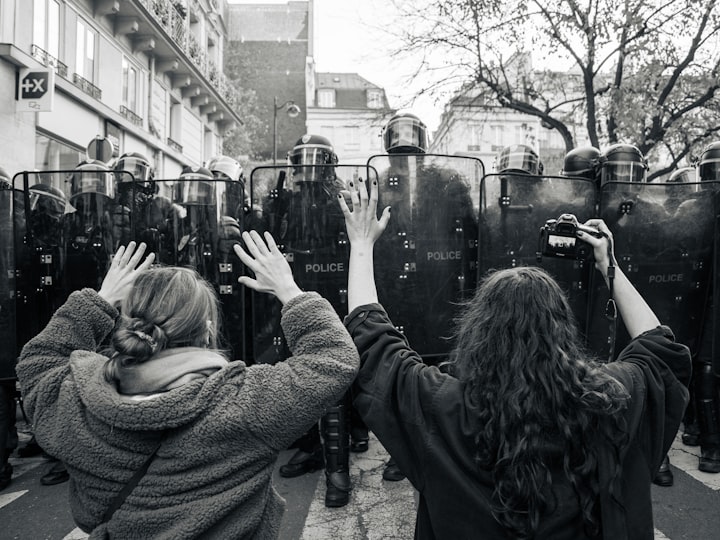

Comments
There are no comments for this story
Be the first to respond and start the conversation.